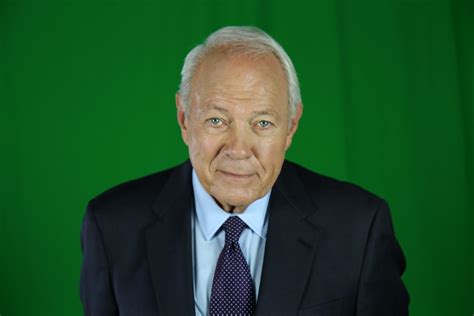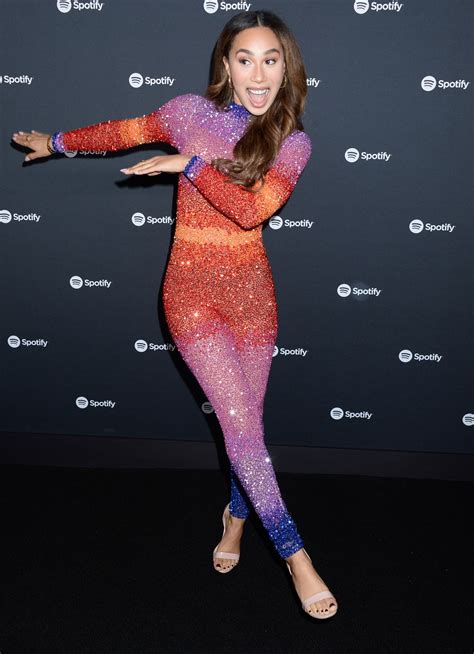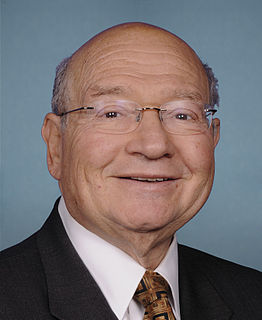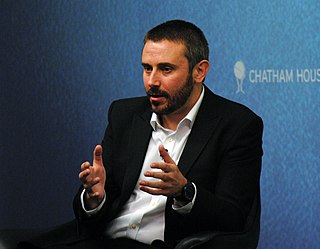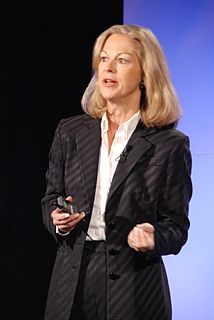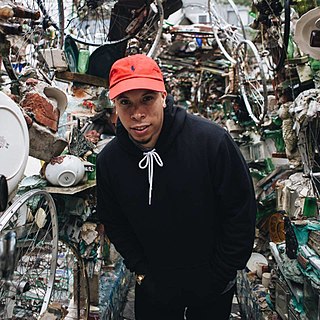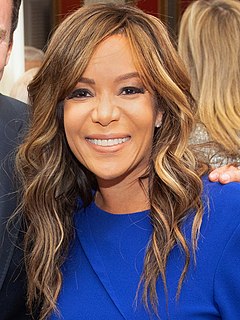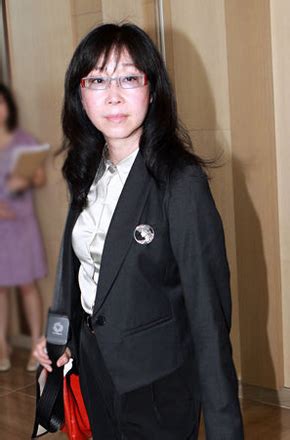A Quote by Mort Crim
I didn't know growing up what I wanted to do. I finally settled on broadcast journalism as a way to satisfy the urge to perform and also do something important, which is to give people in a democracy information to make good decisions.
Related Quotes
Any good broadcast, not just an Olympic broadcast, should have texture to it. It should have information, should have some history, should have something that's offbeat, quirky, humorous, and where called for it, should have journalism, and judiciously it should also have commentary. That's my ideal.
When I say myself, I don't mean just as a woman of color, as a girl who's growing up in the Bronx, as people growing up in some way economically-challenged, not growing up with money. It was also even just the way we spoke. The vernacular. I learned that it's alright to say "ain't." My characters can speak the way they authentically are, and that makes for good story. It's not making for good story to make them speak proper English when nobody speaks like that on the playground.
The print magazine and print journalism industry is obviously in a great deal of trouble, and one of the things that happened when this business started to give way to the Internet and to broadcast television is that a lot of organizations started cutting specifically investigative journalism and they also started cutting fact-checkers.
The media has changed. We now give broadcast licenses to philosophies instead of people. People get confused and think there is no difference between news and entertainment. People who project themselves as journalists on television don't know the first thing about journalism. They are just there stirring up a hockey game.
We’ve lost something vital, I tell you. When we lost it, we lost the ability to make good decisions. We fall upon decisions these days the way we fall upon an enemy—or wait and wait, which is a form of giving up, and we allow the decisions of others to move us. Have we forgotten that we were the ones who set this current flowing?
I wanted to give people a glimpse of my lifestyle and into the lifestyle of me and all my friends and all the people that I know. It's basically just coming up and going up. It's about growing up, elevating, chilling and vibing. And smoking. I wanted to make a piece of art that you could put on while you are hot boxing your car and riding around with your friends.
Google's a strange place. When I met Eric Schmidt, he said, "If you are kind to everybody, then you will make good decisions because people will give you good information, and if you are truthful to everybody, they will be truthful to you." That's what's different about Google. They screw up and make mistakes, but they genuinely mean the good stuff about "don't be evil."
Matt Drudge's role in the Monica Lewinski scandal] strikes me as a new and graphic power of the Internet to influence mainstream journalism. And I suspect that over the next couple of years that impact will grow to the point where it will damage journalism's ability to do its job professionally, to check out information before publication, to be mindful of the necessity to publish and broadcast reliable, substantiated information.
When we talk about Cuban democracy we are referring to participatory democracy which is big difference with representative bourgeois democracy. Our is a democracy in which everything is consulted with the people; it is a democracy in which every aspect and important decision that has an impact in the life and society of the people, is done in consultation.
I have always wanted to make a film about my parents' generation, which tried every way to escape from the deadly shadow of war and finally settled down in Hong Kong in the '50s to build a home from nothing. Arguably, they are the first generation of Hong Kong people to turn this remote island into a modern city.
